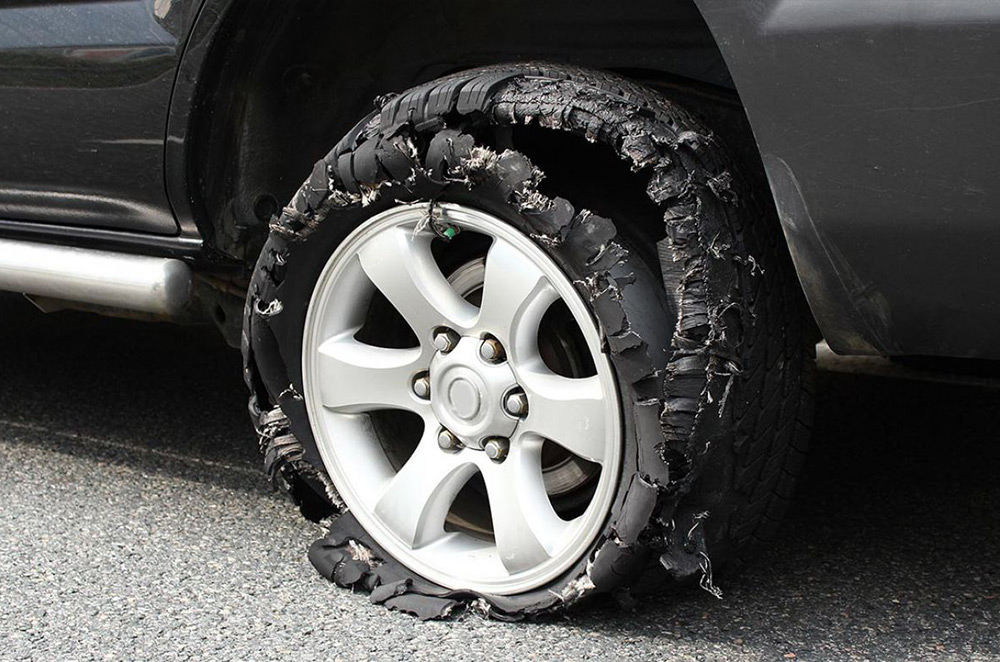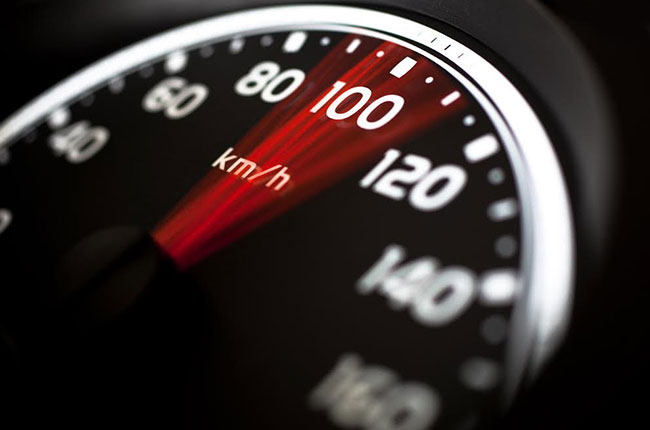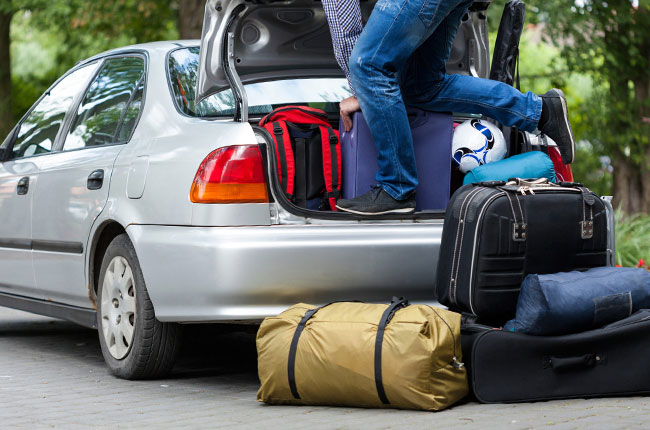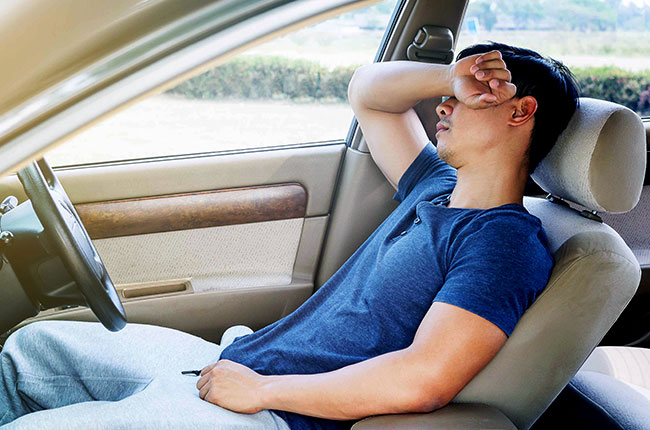
There are several contributing factors as to why tire bursts occur. While there are many factors that contribute to tire blowouts, hot weather, poor quality tires, worn tires, and damaged tires, are often common factors that cause tires to explode. That said, it is important to always check your tires on a regular basis especially when you’re planning to go on a long drive for proper maintenance and in order to avoid such vehicular accidents caused by tire blowouts.
Before we go through the different ways on how to avoid this unfortunate incident, we shall first discuss the other causes in order for you to be better aware of your practices as a car owner.
What causes tire bursts?

There are many factors that can cause a tire to burst, here are some of the more common direct or indirect causes that can cause a blowout:
- Underinflation - Having underinflated tires causes sidewall flexing that weakens its structure. The sidewall’s integrity will be compromised given enough abuse and can lead to irreparable tire damage.
- Damaged Tires - Tires with bulges, sidewall cuts, bald spots, cracks, and of course worn-out tread are not fit to run at high speeds and have a higher chance of bursting while driving.
- Overspeeding - Every tire has its own speed rating. In order to maintain proper safety, it is highly advised to never exceed 80% of the rated speed as it can shorten its lifespan given the heat dissipation at high speeds.
- Overloading your car - Overloading your car with passengers or cargo can also potentially damage your tires because of flexing that may occur due to the added weight.
- Hot driving conditions - High-speed driving can make this situation worse, as your car’s tires may not be able to dissipate heat fast enough and cause more wear and tear to an already damaged tire.
Do take note that a burst can happen due to multiple factors. The items listed above are contributing factors to tire bursts. Whether taken individually or as a whole list, it’s important to remember that as a responsible driver you must look out for all of these things.
How to prevent tire bursts?

It’s like what they always say, prevention is the best cure. That is why we’ve also laid a couple of things you must religiously follow in order for you to prevent your car’s tires from bursting.

Of course, one of your responsibilities as a car owner is ensuring the pristine condition of your vehicle, part of this is making sure that all your car’s tires are well-maintained. You have to make sure that the tread depth is at an optimum or safe level. Plus, your tires should not have any cuts or bulges on their sidewalls.

As mentioned, underinflation is one cause that leads to damaged tires, that is why checking your tires’ pressure with a traditional pressure gauge or through your car’s tire pressure monitoring system (TPMS)should be done on a regular basis. This should help you properly monitor and maintain the optimum air pressure on your tires.

Overspeeding also increases the chances of having tires burst. As mentioned, your car’s tires have their own speed rating, that is why you should limit your speed on worn or damaged tires.

Do not overload your car and make sure to follow the prescribed tire pressure on your vehicle that would usually depend on the load your vehicle is bearing. Traveling with a full load and underinflated tires will cause damage over time, or if done repeatedly. Make sure to read your manual or check the tire pressure guide near the door sill of the driver.

If you’re planning to take long-distance journeys, it’s advisable to take and plan stop-overs. Aside from giving the driver time to rest, stopping over also allows the car’s engine and its tires to cool down and rest for a period of time. Allowing the heat to dissipate, and the rubber to hopefully, catch some shade.

Lastly, it is also important to know when to replace your tires already. Aside from properly inspecting the damages and its overall condition, the lifespan of a tire normally lasts from 5 to 6 years. It’s always a must to choose a quality replacement. Be sure to make the right choice, as tires are more than just a piece of rubber that enables vehicles to cruise the roads. Think of tires as an investment that concerns the safety of all that will ride your vehicle.
Latest Features
-
The difference between wax and polish / Tips & Advice
Confused about whether your car needs a wax or polish? This article will guide you on what they are and what to choose for your car.
-
The 6 things every Ford Ranger must pass before it leaves the factory / Featured Article
Every Ford Ranger, from the base model to the Ranger Raptor, goes through a full inspection process before it leaves the factory. This includes six steps that make sure it’s ready to drive a...
-
Which GAC AION EV is best for your everyday lifestyle? / Featured Article
The GAC AION lineup has something for everyone, maybe you're after space, speed, or just a smooth city drive. Here's a quick breakdown of which model might work best for your day-to-day life...
Popular Articles
-
Cheapest cars under P700,000 in the Philippines
Jerome Tresvalles · Sep 02, 2024
-
First car or next car, the Ford EcoSport is a tough package to beat
Jun 18, 2021
-
Car Maintenance checklist and guide – here’s everything you need to know
Earl Lee · Jan 12, 2021
-
Most fuel efficient family cars in the Philippines
Bryan Aaron Rivera · Nov 27, 2020
-
2021 Geely Okavango — Everything you need to know
Joey Deriquito · Nov 19, 2020
-
Family cars in the Philippines with the biggest trunks
Sep 20, 2023
-
Head to head: Toyota Rush vs. Suzuki XL7
Joey Deriquito · Oct 28, 2020
-
Why oil changes are important for your car
Earl Lee · Nov 10, 2020
-
2021 Kia Stonic — What you need to know about it
Joey Deriquito · Oct 16, 2020
-
Top 7 tips for buying a used car in the Philippines
Joey Deriquito · Nov 26, 2020



